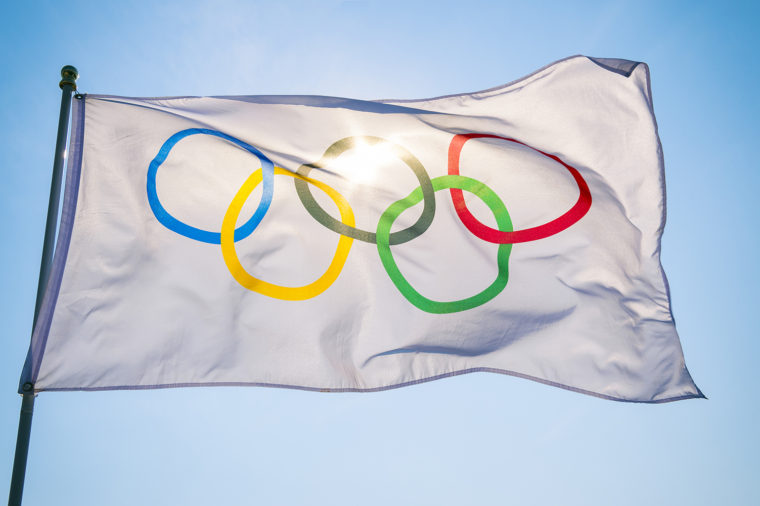As the Olympic Games approach, Brazil’s government remains in turmoil after a corruption scandal. There’s also concern about crime and water quality in the host city Rio de Janeiro.
And then, there’s the Zika outbreak.
The mosquito-borne virus proven to cause severe birth defects has hit Brazil particularly hard, and left athletes with a difficult choice: risk possible infection or give up the chance to compete on the world stage.
One group of athletes in particular is dropping out of the Summer Olympics en masse: male golfers, most of whom are on the PGA Tour. And while they’re citing Zika concerns, Patrick Rishe, director of the Sports Business Program at Washington University in St. Louis’ Olin Business School, said there’s another factor at play.

“It’s all about the cost-benefit analysis of whether it’s worth it to professional male golfers to compete in the Olympics,” Rishe said. “For male golfers, there is much more money and glory in being a major championship winner.”
“Jordan Spieth’s withdrawal from the Rio Games means the top four players in the world, including Jason Day, Rory McIlroy and Dustin Johnson, have withdrawn from the Olympics, citing Zika as the primary reason,” Rishe said. “We have golf back in the Olympics for the first time since the 1904 Games in St. Louis, and it will only feature four of the top 10 players in the world, and just eight of the top 15.”
For many athletes, the games are the pinnacle of their careers, with financial rewards and endorsements coming after Olympic gold. As Rishe recently wrote in Forbes, for pro golfers, that’s not the case. He points to the fact that the pro golf schedule is packed with major events that are occurring just before and after the Olympic Games. With too many chances to rake in millions, the golfers are simply choosing to rest up rather than compete in Rio.
“For male golfers, the cost-benefit comparison is reversed,” Rishe said. “What are the benefits? Playing for your country? The pride of winning a medal against a watered-down field? There is no prize money, and this fact alone may have deterred some from Rio.”
Rishe may be reached for interviews at prishe@wustl.edu.
